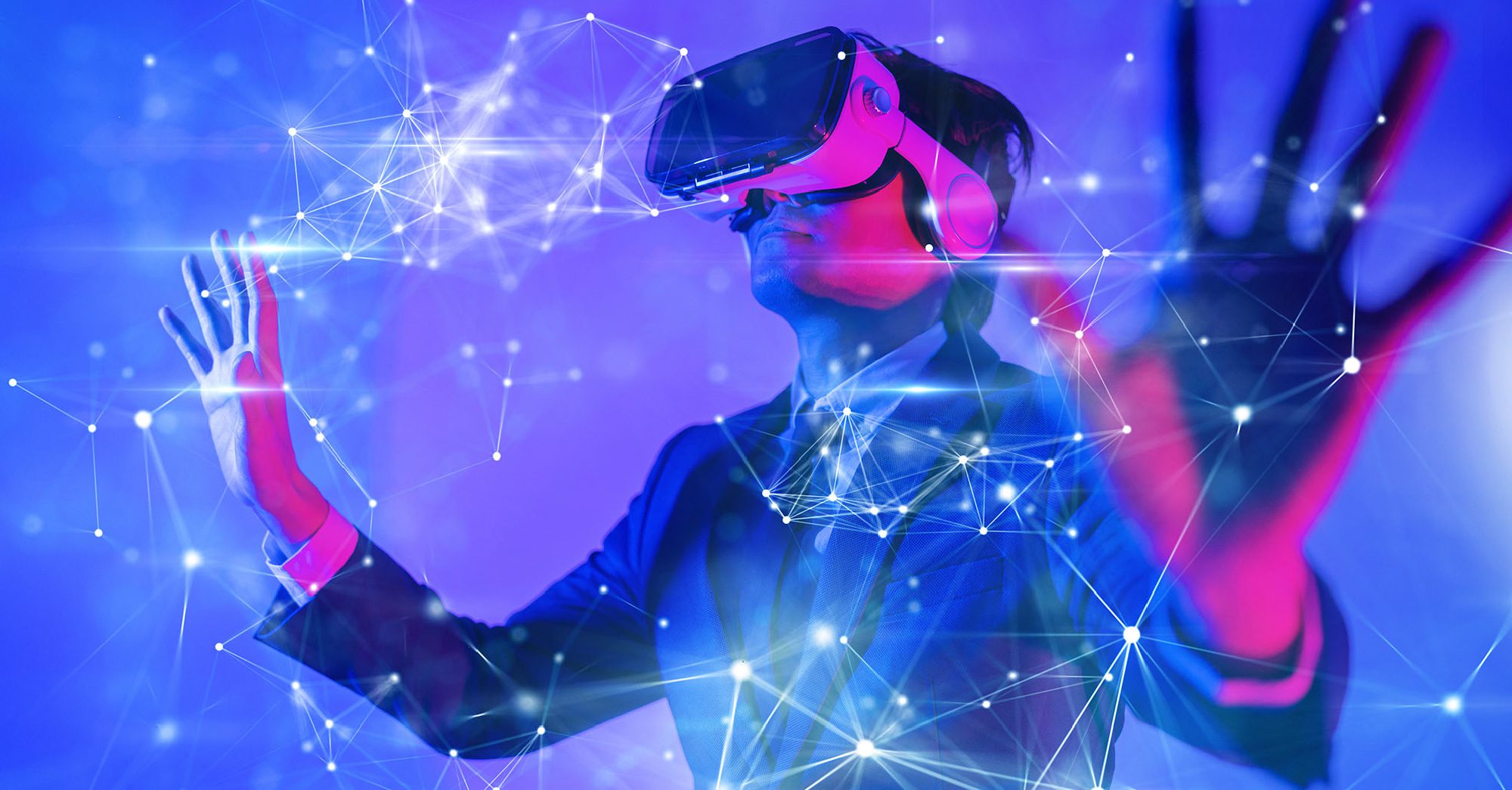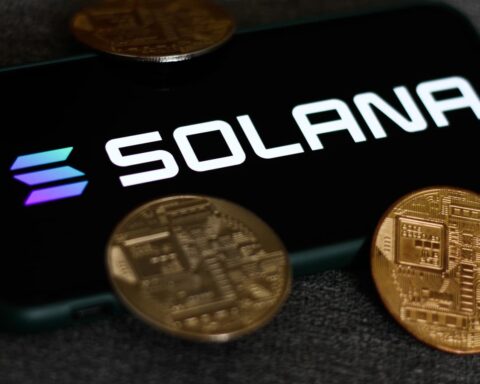The European Commission has predicted that “extended reality” (XR) technology, which allows users to engage with virtual worlds, could generate up to 860,000 jobs in Europe by 2025.
XR encompasses virtual reality, augmented reality, and mixed reality, and is considered a key facilitator of virtual worlds, according to the Commission’s statement on July 11.
The Commission emphasized the significant impact on employment that XR is expected to have, with an additional 1.2 million to 2.4 million jobs created either directly or indirectly in various sectors by 2025.
However, it also noted that the majority of innovation in the metaverse is currently concentrated in the United States, China, and South Korea.
READ MORE: President Xi Jinping Advocates for CBDC Expansion
Unlike these countries, the EU lacks tech giants that can spearhead investments in virtual world development in the coming decade.
Although Europe’s AR/VR market primarily focuses on gaming, media, and entertainment, there is ample potential for its expansion into other areas such as retail, healthcare, military and defense, and manufacturing.
The Commission further highlighted that XR-powered virtual worlds represent a fundamental component of the “next generation” of the internet, known as Web 4.0.
In this evolution, physical and digital objects converge in real-time within virtual environments.
The potential of virtual worlds to revolutionize people’s daily lives and create diverse opportunities across business and industrial ecosystems is a key driver behind the transition to Web 4.0.
Several examples were provided to illustrate the breadth of possibilities offered by virtual worlds, including training surgeons for complex procedures, preserving cultural heritage buildings using “digital twins,” and utilizing 3D models to address global warming.
In a working document presented to the European Parliament, the Commission outlined its plan to position itself as a global leader in Web 4.0 and the metaverse.
Thierry Breton, the European Commissioner for Internal Market, expressed Europe’s ambition to become a frontrunner in these domains.
The Commission proposed ten actions to achieve this objective, including attracting specialized talent in virtual world development, establishing regulatory sandboxes for testing innovative ideas, and formulating global standards for interoperable metaverses.
Europe possesses the necessary elements to lead this technological transition, including innovative start-ups, a wealth of creative content and industrial applications, a strong role in setting global standards, and an innovation-friendly and predictable legal framework, Breton added.
In conclusion, the European Commission is actively positioning Europe to capitalize on the potential of XR and virtual worlds, aiming to foster job creation, drive technological advancements, and establish itself as a world leader in Web 4.0.




